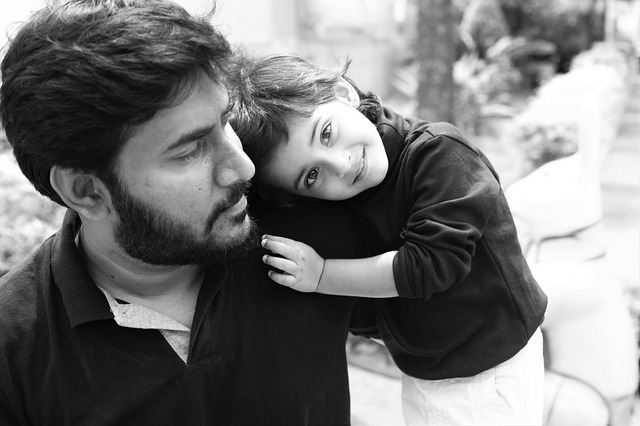Fathers just might play favorites when it comes to their kids, a new study states.
According to researchers from Emory University in Atlanta, fathers tend to be more attentive to their daughters compared to their sons, Tech Times reports. Jennifer Mascaro and colleagues tracked the interaction that fathers had with their toddlers over a period of 48 hours. They found a significant difference in the way the fathers talked to and played with their kids, depending on gender.
The study’s results showed that fathers with daughter spent about 60% more time attentively responding to their children, compared to fathers with sons. The latter also spent five times more whistling and singing with their daughters, and conversed more about emotions.
On the other hand, fathers of boys spent three times as long engaging in rough and tumble play, and tended to use more words associated with positive achievement such as “win,” “best,” and “proud.”
When the researchers did MRI brains scans on the dads in the study, they found that when the fathers saw photos of their child with happy, sad, or neutral expressions, the areas of their brains linked to reward and emotion regulation lit up more, compared to the dads with sons.
“We compare fathers of daughters and fathers of sons in terms of naturalistically observed everyday caregiving behavior and neural responses to child picture stimuli,” the study stated.
Results indicate that real-world paternal behavior and brain function differ as a function of child gender.
However, the researchers were unable to give a clear explanation as to why there was a difference in treatment. They are not sure if the brain responses indicate that fathers have been hard-wired through evolution or genetics to treat their kids differently, or if it’s more the product of societal norms.
They do say that this difference may play an important role in influencing a child’s personality. “The fact that fathers may actually be less attentive to the emotional needs of boys, perhaps despite their best intentions, is important to recognize,” Mascaro said. “Validating emotions is good for everyone — not just daughters.”
























